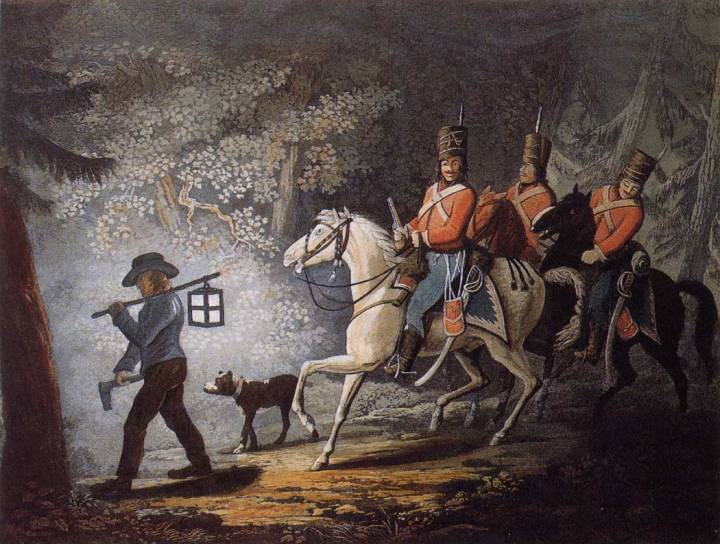
Part of this group is an artist, Constant Dullaart, who recently told Vice’s Motherboard, “We’re now in this social media revolution, which is run by these American corporations.” In response, Dullaart created of thousands of fake Facebook profiles carrying the names of 18th-century dead Hessian soldiers. Dullaart’s project is designed not just to challenge Facebook’s perceived treatment of user identities as commodities, but also to protest its controversial real-name policy.
Activists have protested Facebook’s real-name policy since its implementation. The policy requires users to create real profiles in order to “help keep our community safe,” but according to the Washington Times, this policy has also made the community unsafe for some users, creating hardship for the trans community, drag performers, and Native Americans, among others. As a result, Alex Schultz, Facebook’s vice president of growth, issued an open letter explaining the site’s intent to implement changes and address concerns.
Dullaart has created about 1,000 of his dead soldier profiles and plans to create as many as 20,000 through the use of phone numbers and bulk Internet proxies. While pointing out the practice of hiring low-wage laborers to create fake profiles for wealthier countries to use for marketing purposes, he tells Vice, “I’m trying to highlight that there is an enormous industry out there that thrives on circumventing these rules.”
Dullaart has also gone after other platforms. In an effort to show how easily you can manipulate a brand’s image, he bought 2.5 million fake Instagram followers and then dumped them onto the accounts of 30 leading figures in the art world. “It’s quite easy to manipulate these figures,” he says, “But there are still an enormous amount of people who believe that these numbers are real.” This belief is one that Dullaart says supports and rewards “a false economy of social media.”


